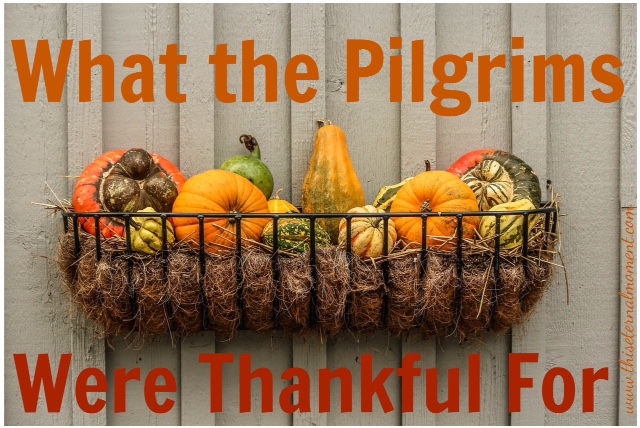
“‘Marshmallow man” Walter Mischel is an Ivy League professor known for his experiments in self-control. Nearly 50 years ago, he created a test to see how various five-year-olds would respond to being left alone with a marshmallow for 15 minutes with instructions not to eat it — and with the promises that if they didn’t, they would be given two. The New York Times reports,
Famously, preschoolers who waited longest for the marshmallow went on to have higher SAT scores than the ones who couldn’t wait. In later years they were thinner, earned more advanced degrees, used less cocaine, and coped better with stress. As these first marshmallow kids now enter their 50s, Mr. Mischel and colleagues are investigating whether the good delayers are richer, too.
Now Mischel is an octogenarian and freshly wants to make sure that the nervous parents of self-indulgent children don’t miss his key finding: “Whether you eat the marshmallow at age 5 isn’t your destiny. Self-control can be taught.“‘(John Piper, Self-Control and The Power of Christ, 2014).
Self Control in a Culture of Self-Gratification
Whether you would eat the marshmallow or not, one thing is for sure – we live in a culture that not only tells you you should eat the marshmallow, but that you deserve it.
What this “if it feels good, do it” mantra boils down to is nothing less than a hedonistic and self-centered worldview, which, when following its prescription, only leads to dissatisfaction and misery.
But what exactly is self-control and how do we walk in it? In his fabulous article on self-control, Edward Welch says, “The basic idea is that we must cultivate the skill of living a thoughtful, careful life in which we do what is right despite our desires.”
Welch goes on to give 4 ways that self-control fleshes out in our everyday lives:
1) Self Control Means Living Within Boundaries:
“Like a city whose walls are broken down is a man who lacks self- control.” (Prov. 25:28). This may mean avoiding certain places that we previously frequented and/or confessing our sins or temptations to trusted friends or family in order to bring those areas into the light and provide the protection of accountability and prayer support.
These boundaries will look different for each of us, but what matters most is what we allow into our hearts: “Above all else, guard your heart, for it is the well- spring of life” (Prov. 4:23).
2) Self-Control Means Thinking Before Acting
I know I’m not the only person who has ever said something I seriously regretted later. Welch says one definition of self-control is simply this: “THINK!”
Proverbs often describes the wise as those who think, ponder, and prayerfully consider their words and actions before taking a step or speaking a word.
3) Self-Control is NOT Emotional Flatness or Indifference: In this point, Welch basically argues that we will only overcome our strong fleshly passions with an even greater passion for God and His ways.
Are we passionate to glorify Christ or ourselves? To love what He loves and hate what he hates?
4) Self-Control is NOT Self-Dependence: Self-Control is not merely working up the willpower in ourselves to do or not do something. For then, we would get the glory.
Self-Control is a fruit of God’s Holy Spirit rather than a work of our flesh. Romans 8:13 says, “For if you live according to the flesh you will die, but if by the Spirit you put to death the deeds of the body, you will live.”
So then, our growth in self-control will come not from following a bunch of rules or laws, but by walking in an on-going relationship with God’s Spirit.
What are some ways that God may be calling you to grow in self-control? Perhaps take time this week to pray about this and remember: leave the marshmallow alone! What you get back from God will be much sweeter 🙂




